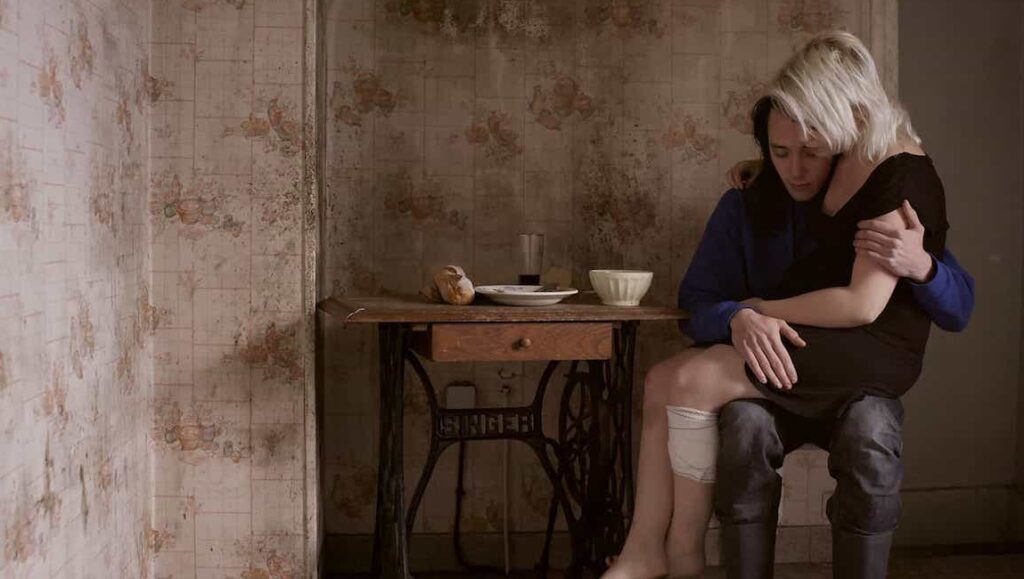Valérie Massadian’s follow-up to her acclaimed (and still undistributed) 2011 debut Nana is precisely controlled, but without ever resorting to a clinical distance from its subject. Massadian’s form remains as expressive as it is austere, conjuring small wonders out of fluctuations in natural light and makeshift curtains billowing in gusts of wind; she’s found a rich middle ground between placing herself at a remove, so as to comment on the circumstances of her subjects, and attempting to render their experience wholly immersive. As in Nana, there is a strong emphasis on how the subjective nature of human experience fosters learning and growth in Milla.
The space that Massadian creates onscreen is one that allows for life to take place within it, and so a naturalistic portrait of a poor young couple making a seaside home for themselves out of what little they can salvage gradually and mysteriously transforms into a study of a single mother providing for a young child through work and play, enduring grief and exhaustion in service of a bond that has rarely been presented so plainly and yet generously onscreen. Milla and her young son Ethan are played by real-life mother and child Severine and Ethan Jonckeere, nudging the final third of the film into the realm of documentary, while subtly complicating a viewer’s understanding of all that preceded it. In those striking moments, when Milla meets the gaze of Massadian’s camera head-on, it seems less challenge or accusation than acknowledgment, as if to say, “You see me. And I see you.”
Published as part of New Directors/New Films 2018 | Dispatch 1.


Comments are closed.